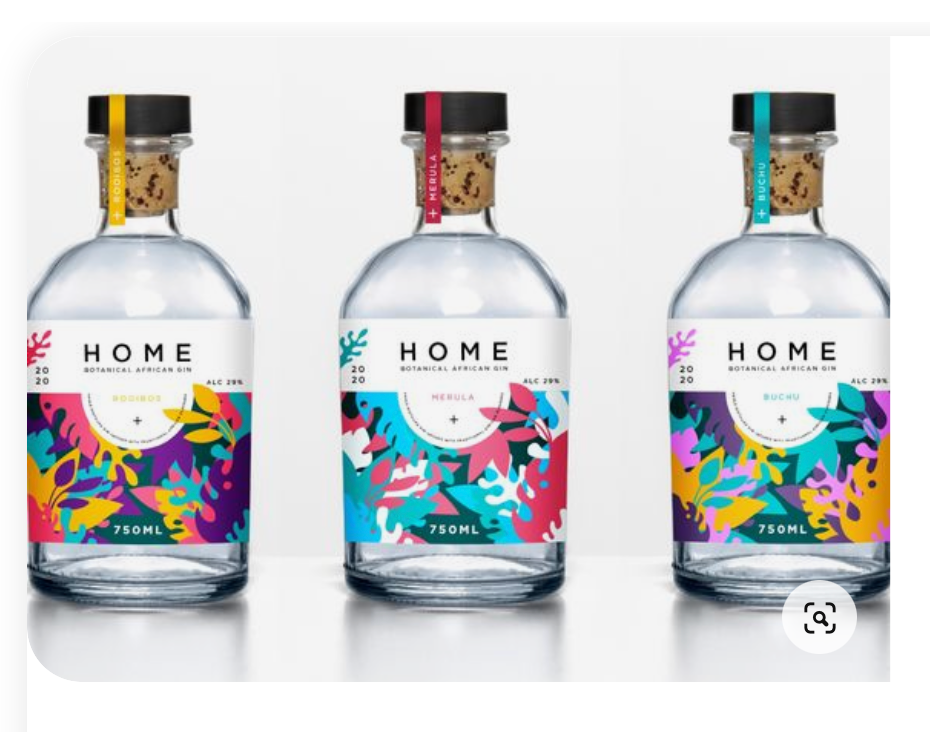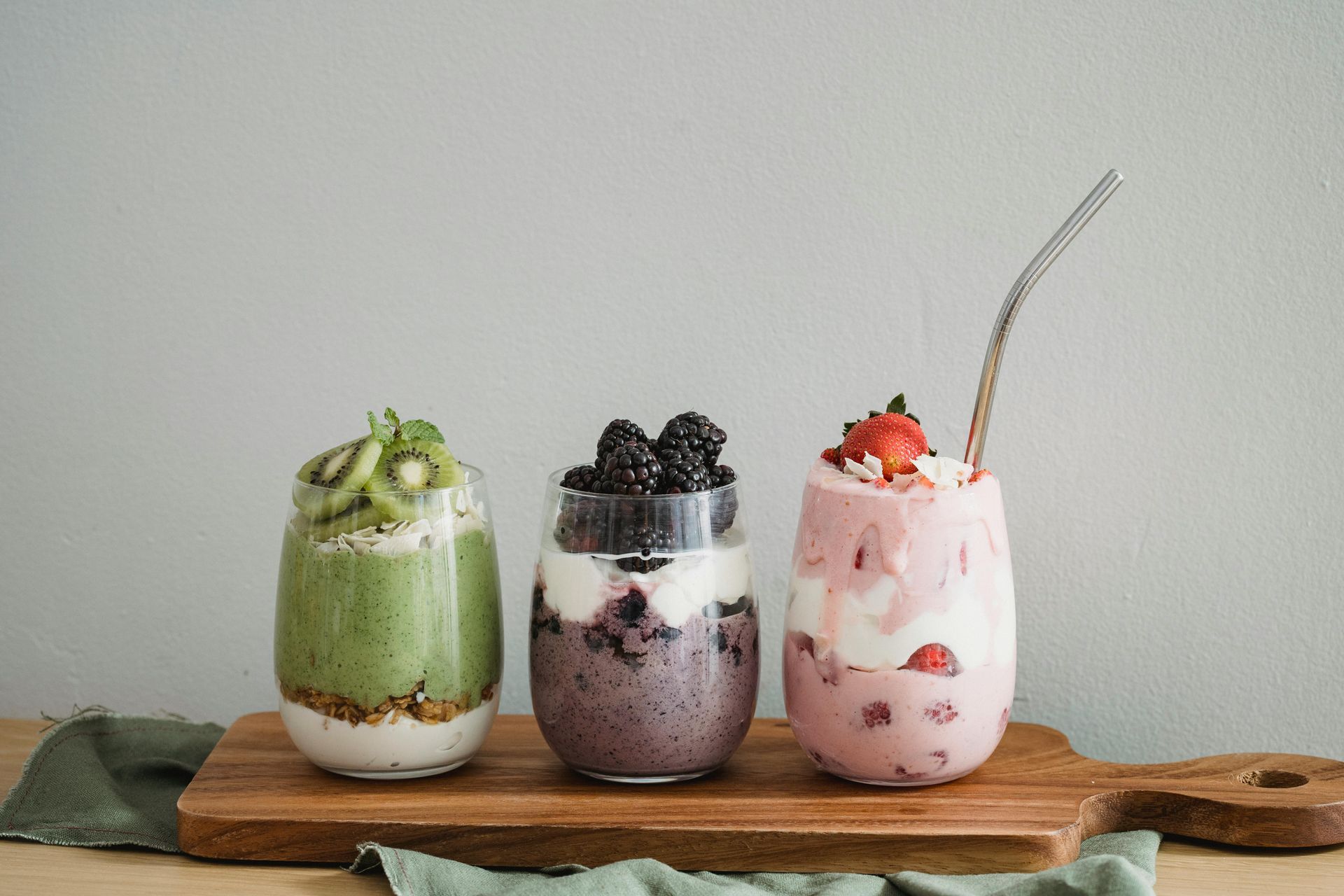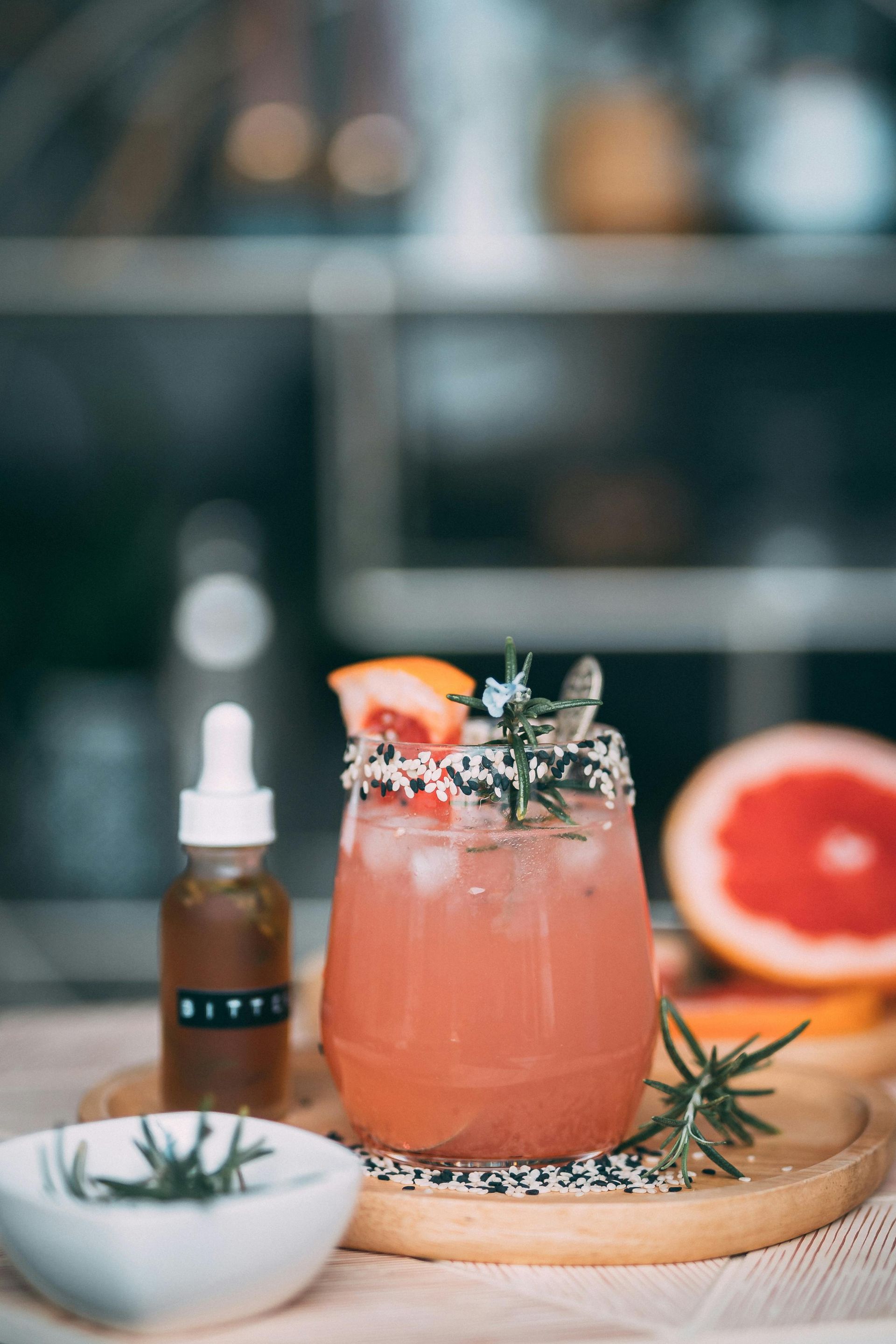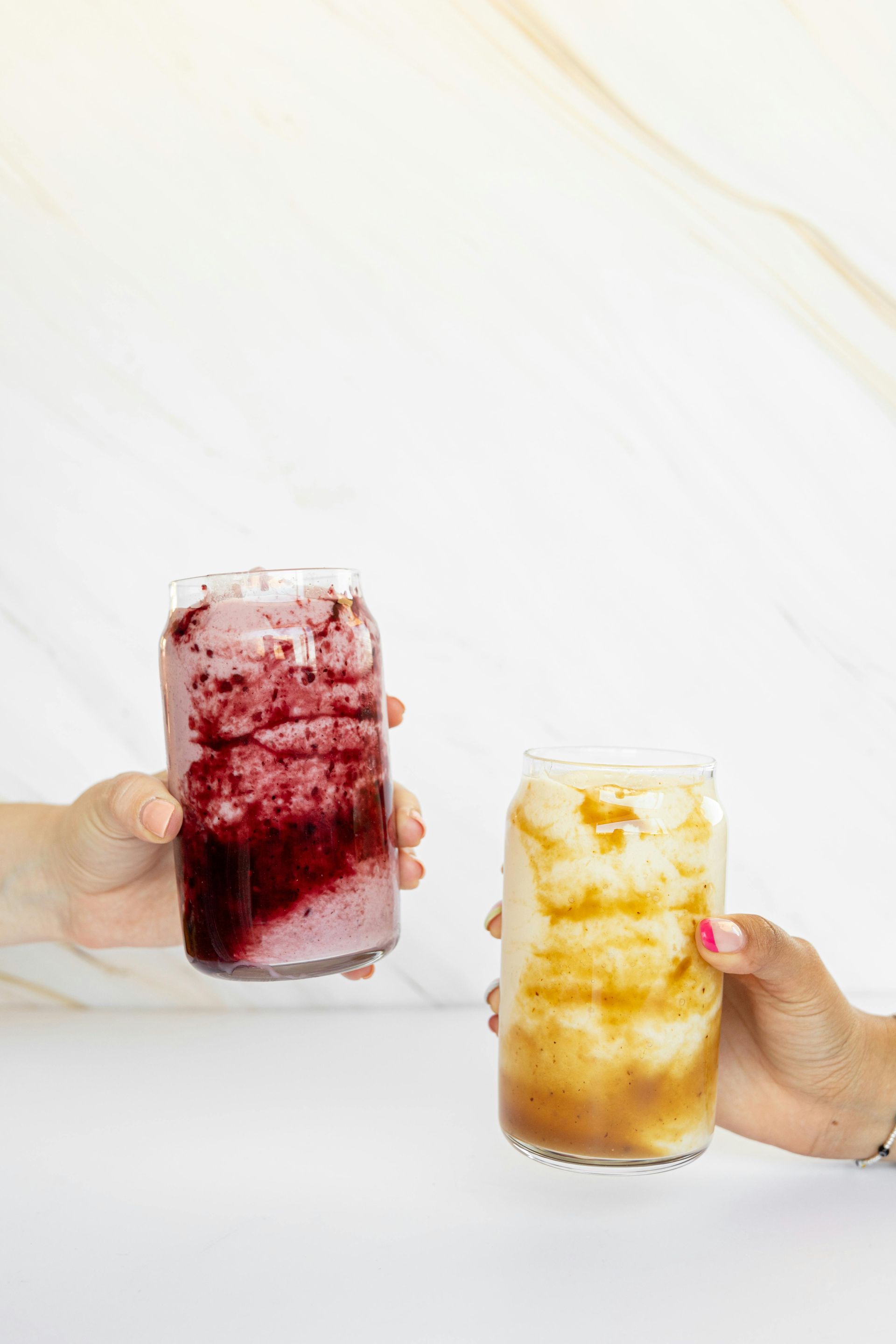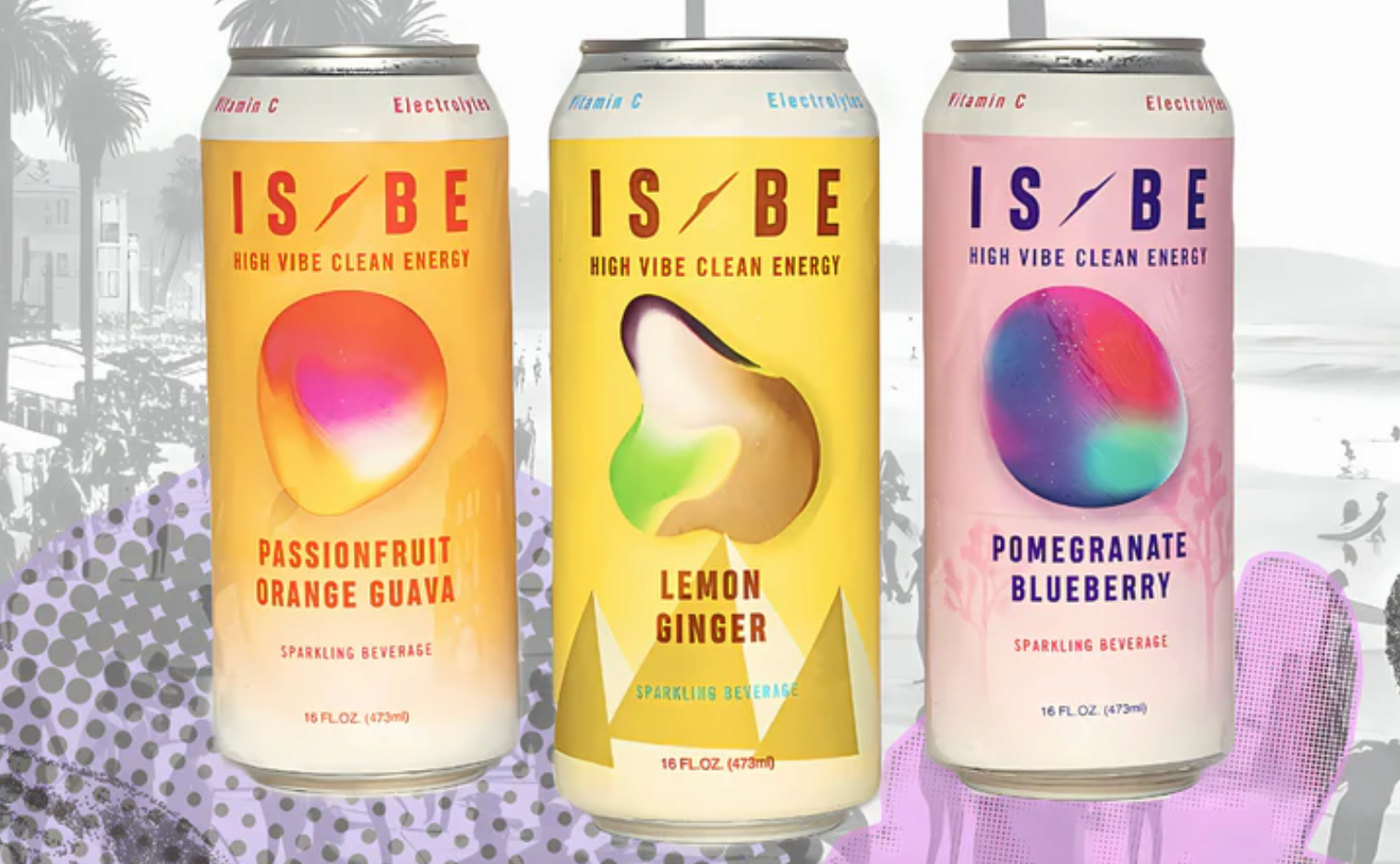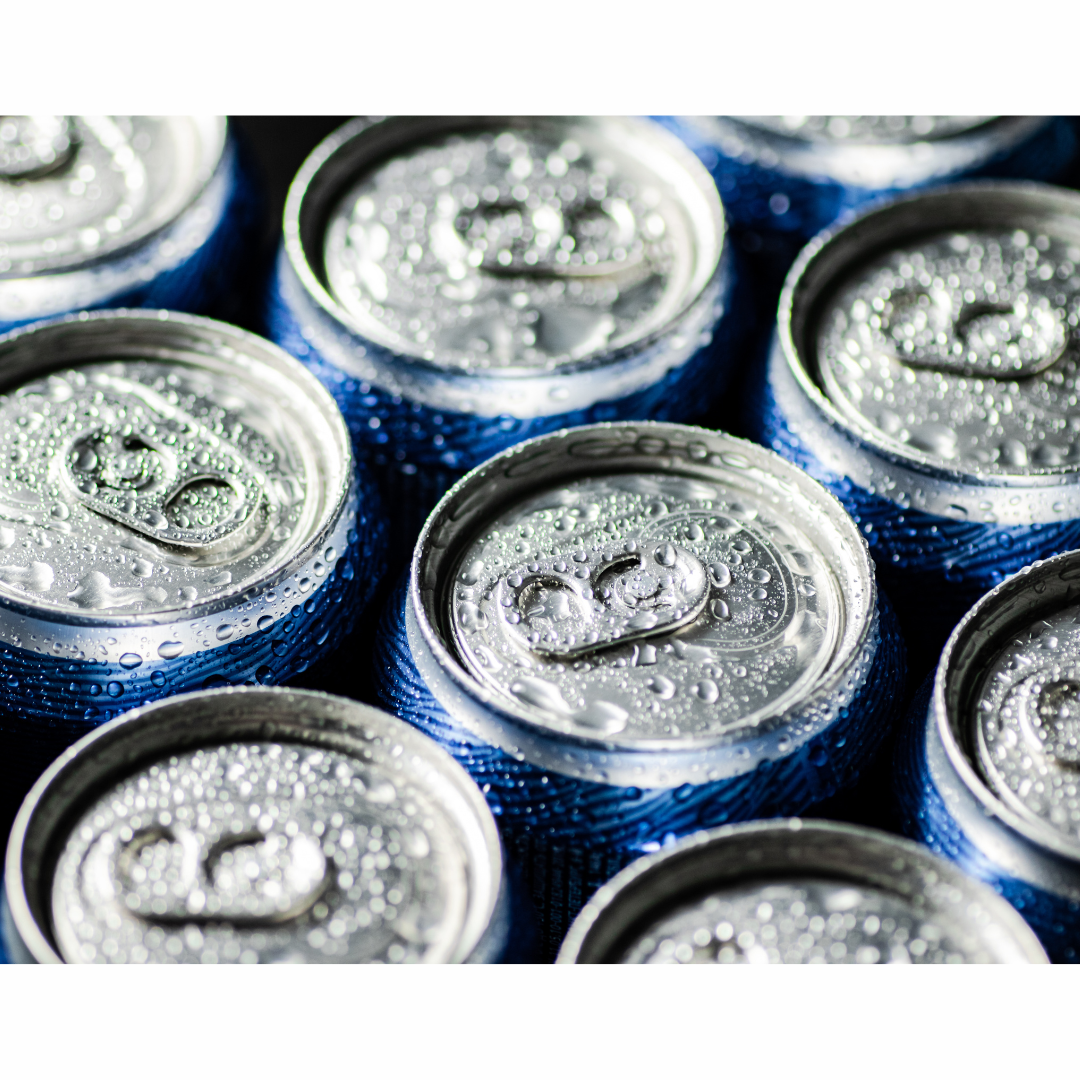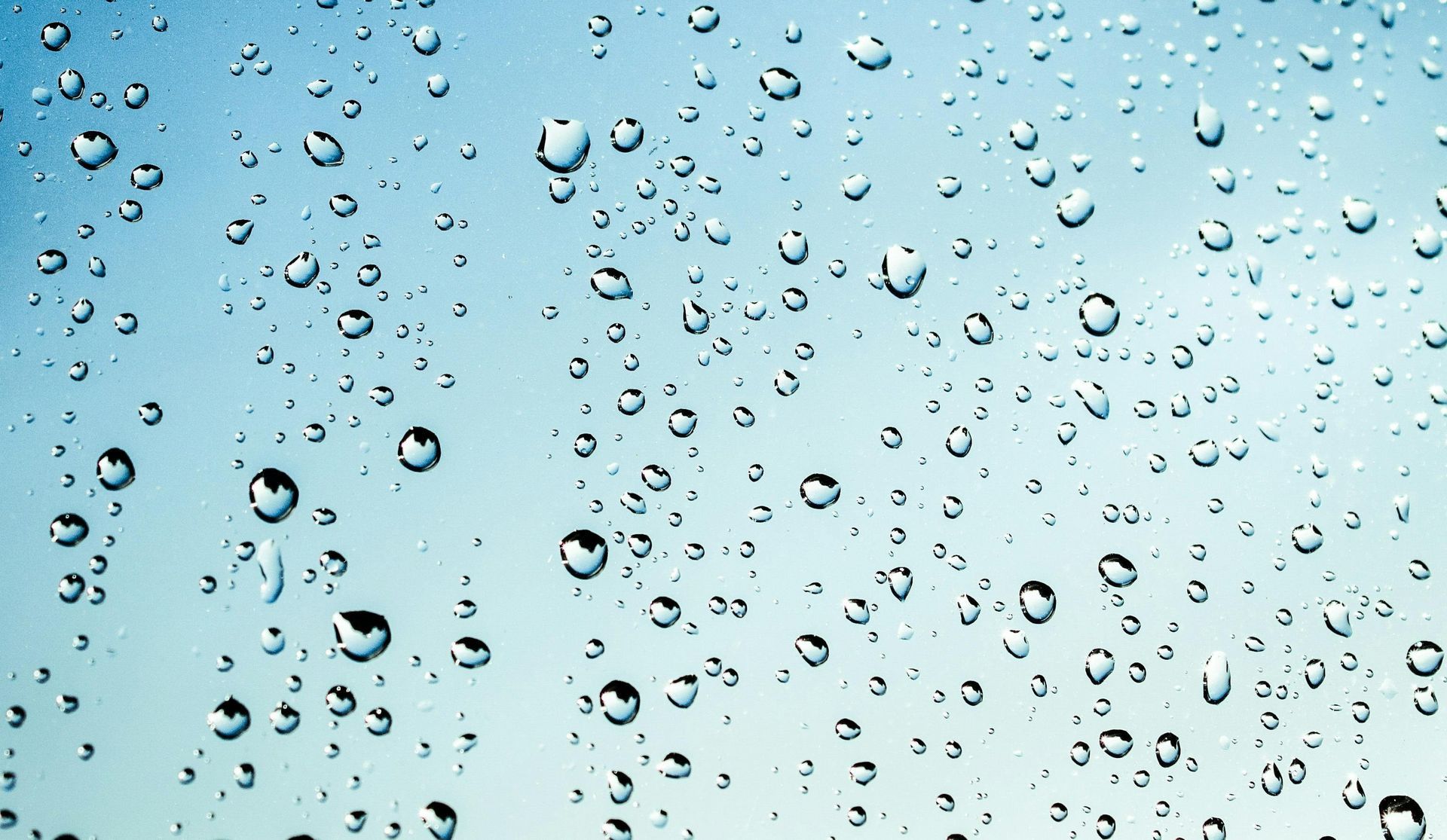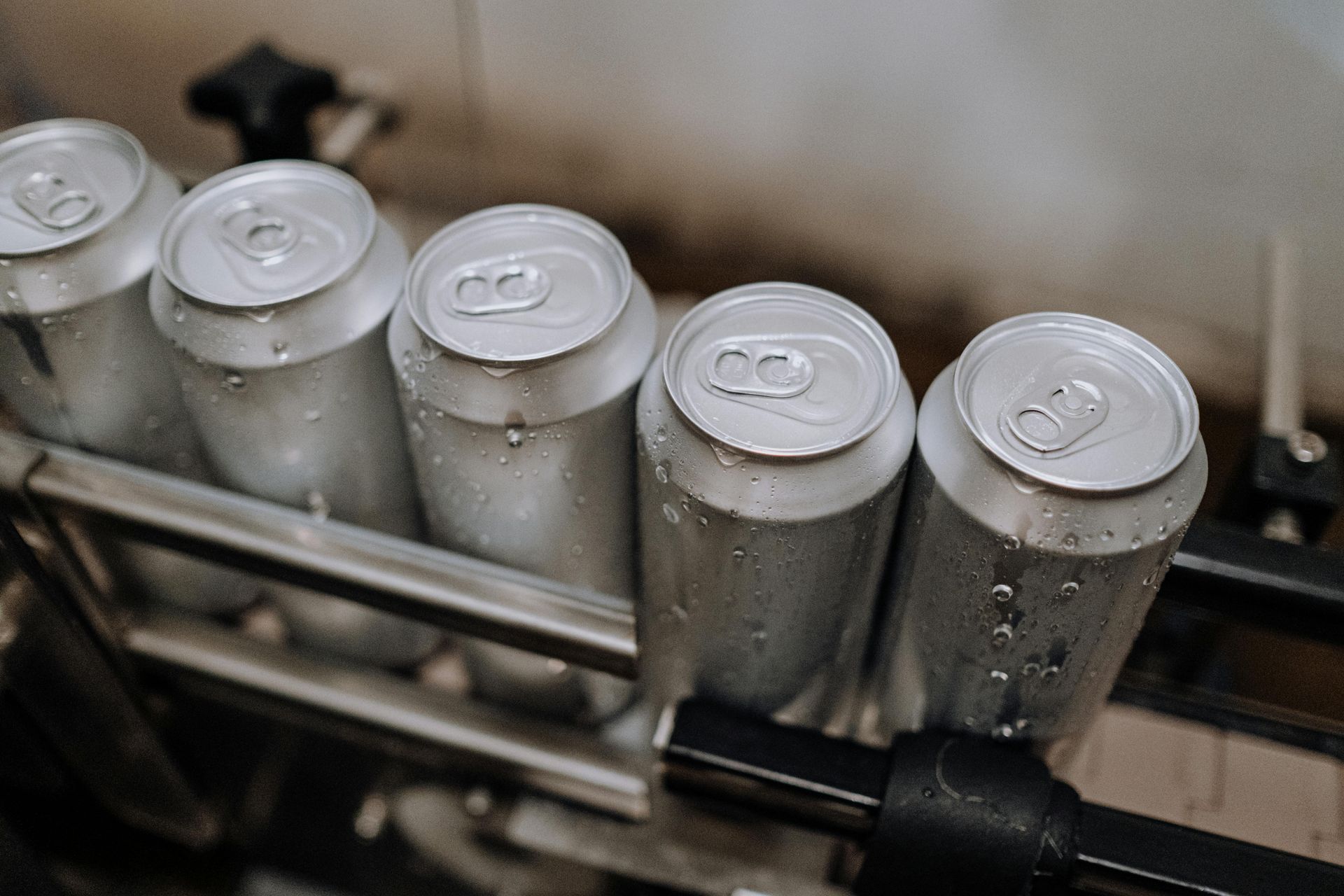How to Manufacture and Formulate a Canned Water Beverage
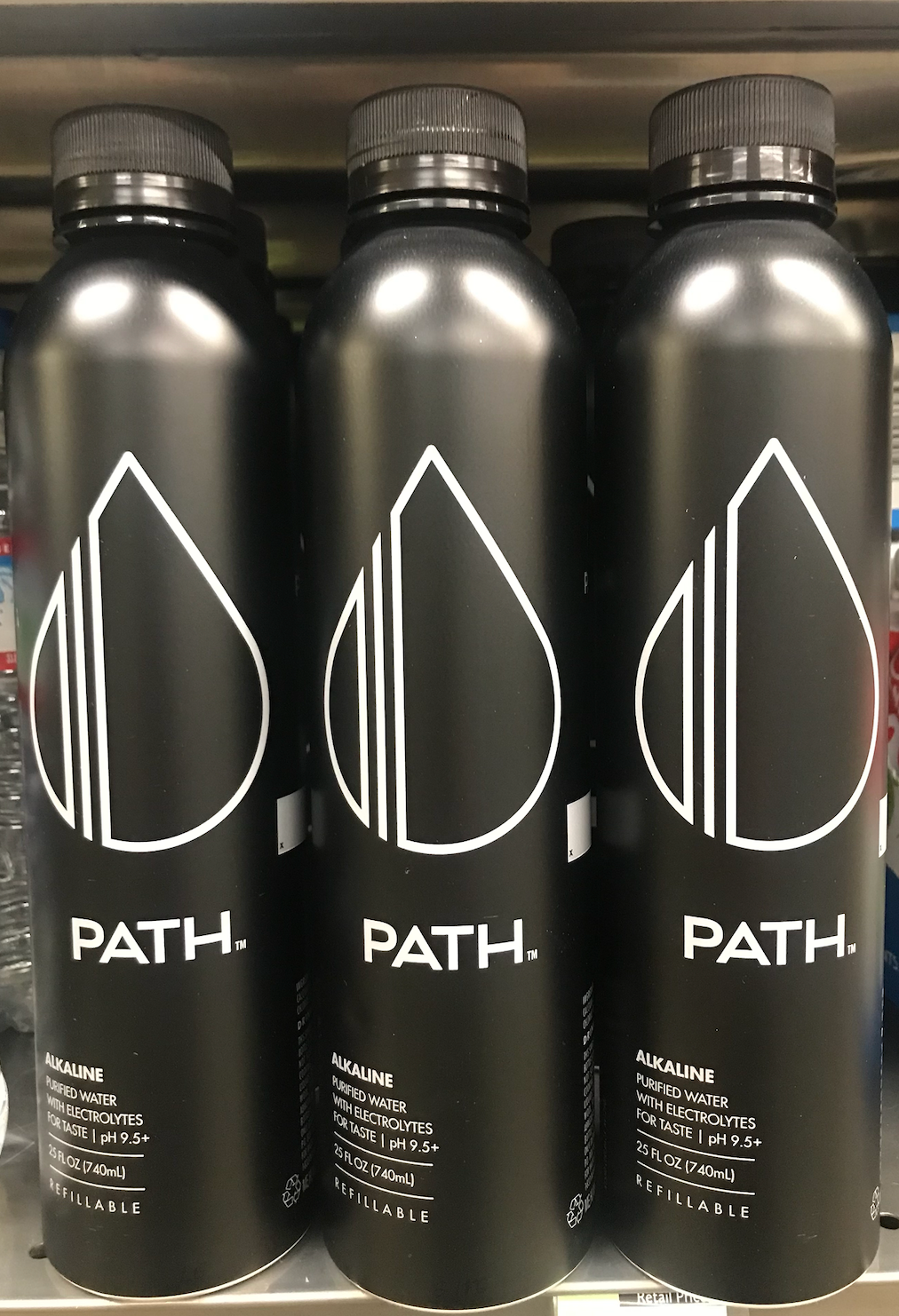
Learn more about co-packing an formulating a canned water product.
This article reviews the rise of canned water from the manufacturing and formulating of your canned water to the consumer benefits of manufacturing a canned water product.
Big Brands can provide beverage manufacturing services and beverage formulation services for your canned water product.
---
Getting Started
The beverage production of canned water is a precise manufacturing process, starting from sourcing the water, to formulating your water beverage by deciding on flavoring or carbonation, to choosing the property water packaging, to filling and sealing the cans. Here's how it typically works:
1. Sourcing Water for Canned Water Manufacturing: Canned water can be sourced from various sources, including spring water, purified municipal water, or even mineral water, depending on the brand's positioning. The water is typically filtered to remove impurities and ensure it meets health and safety standards. Big Brands can manufacture spring water, reserve osmosis water, and distilled water.
2. Canned Water Formulation: Once you have decided on the source of your water, you may want to consider adding extra vitamins, minerals, flavoring and/or carbonation of your canned water. Some brands add trace minerals back into the water for taste or health benefits or even added salt. Adding hints of flavoring or carbonation to your canned water product would be in the flavored sparkling water category.
3. Type of Packaging: After you decide on the beverage formulation of your canned water, it’s time to think about the type of packaging you want for your canned water. Aluminum canned options include: the 8 oz, the 12 oz and the 16 oz pull tab cans and the can with a cap with the 24 oz resealable can.
4. Sealing and Packaging: Once the cans are filled, they are sealed with a tight lid to prevent any contamination. The cans are then labeled and packaged for distribution. Many brands use eco-friendly inks and materials for labeling to further reduce their environmental footprint.
5. Quality Control: Throughout the entire process, there are strict quality control measures to ensure that your canned water remains clean, safe, and fresh. Samples may be tested for microbial contamination, water pH, and taste consistency to ensure the highest quality product reaches consumers.
---
Flavoring Canned Water
While plain water is the most common form of canned water, flavored canned water has become a popular trend, catering to consumers who want a refreshing taste without the added sugar or artificial ingredients typically found in sodas or flavored bottled waters.
The flavoring process for canned water is straightforward and typically involves infusing natural flavors, often through the use of fruit extracts or essences. Here’s how flavoring is generally done:
1. Natural Flavoring: Many canned waters use natural extracts or essences from fruits, herbs, and spices to flavor their canned water. These flavors are typically free of sugar, calories, or artificial additives. Common flavors include lemon, lime, cucumber, mint, berries, or exotic combinations like hibiscus or elderflower. Big Brands can help with your canned water formulation.
2. Carbonation: Some brands also add carbonation to their flavored water, creating a fizzy, refreshing experience similar to sparkling water or soda. Carbonation is typically added during the canning process, right before sealing, by injecting carbon dioxide (CO2) into the water.
3. No Preservatives: One of the biggest appeals of flavored canned water is the absence of preservatives or added sugars. Most companies focus on offering a clean, healthy alternative to sugary drinks, and the flavor comes solely from natural ingredients.
We provide more details on beverage flavoring in our formulation, flavoring and ingredients section on our home page.
——
Consumer Benefits of Canned Water
Canned water offers a range of benefits to consumers that are driving its popularity. These benefits go beyond simple hydration and address growing concerns about environmental sustainability, health, and convenience.
Environmental Sustainability:
- Reduction in Plastic Waste: One of the key selling points of canned water is its eco-friendliness. Aluminum cans are 100% recyclable and can be recycled indefinitely without losing quality. This contrasts with plastic bottles, which, despite being recyclable, often end up in landfills or the ocean due to poor recycling rates.
Lightweight and Efficient Packaging: Aluminum cans are more compact and lighter than glass or plastic bottles, making them easier to transport and store, reducing the carbon footprint associated with transportation.
Healthier Hydration:
- No Added Sugars or Chemicals: Unlike flavored sodas or many bottled waters that contain added sugars, artificial sweeteners, or preservatives, canned water—especially the flavored varieties—offers a clean, calorie-free, and chemical-free hydration option. This makes it an attractive alternative for consumers seeking a healthier lifestyle.
- Trace Minerals: Some canned waters, especially those sourced from natural springs or mineral-rich sources, may contain beneficial trace minerals such as calcium, magnesium, or potassium, which can provide additional health benefits.
Convenience:
- Portability: Cans are durable, lightweight, and portable, making canned water a great option for on-the-go hydration. Whether at the gym, on a hike, or commuting, cans are easy to carry and can be disposed of responsibly when finished.
- Long Shelf Life: Canned water typically has a long shelf life, allowing consumers to stock up without worrying about the water spoiling. Additionally, the sealed aluminum can ensures that the water stays fresh until it’s opened.
Appeal to Trend-Conscious Consumers:
- Premium Branding: Many canned water brands position themselves as premium products, offering sleek, stylish packaging and marketing focused on sustainability and wellness. This has made canned water a popular choice among consumers who want to align their purchasing decisions with their values around health and the environment.
- Customization: With flavored canned waters, consumers can enjoy variety and customization. From sparkling citrus blends to more exotic flavors like cucumber-mint, canned waters can cater to different taste preferences without relying on sugary, unhealthy drinks.
Restrictions on Single Use Plastic Bottles
On a recent vacation, our hotel was stocked with reusable, aluminum water bottles with water filling stations around the hotel. Several cities and airports in the US have banned the sale of single use plastic water bottles.
- San Francisco
The city banned the sale of single-use plastic water bottles in late 2020 and expanded the ban in 2021 to include other beverages. The San Francisco International Airport also banned the sale of single-use plastics in 2019. - Los Angeles
In June 2023, the Los Angeles International Airport (LAX) banned the sale of single-use plastic water bottles. - Truckee, California
This Northern California town banned the sale of single-use plastic bottles in stores to reduce the environmental impact of tourism. - Massachusetts
Massachusetts was the first state to enact a procurement ban on single-use plastic bottles. Hingham passed a municipal and retail ban in May 2023. - Hawaii
Currently looking to ban the sale of single use plastic water bottles at certain facilities. including city facilities and events. - National parks
The Department of the Interior signed an order in June 2022 to phase out the sale of single-use plastics at national parks, refuges, and other public lands through 2032.
If you are considering manufacturing a water product, we’d recommend you package your water beverage in an aluminum can.
In recent years, canned water has emerged as a sustainable and innovative alternative to bottled water, gaining popularity among eco-conscious consumers and businesses alike. Canned water, typically sold in aluminum cans, offers a new way to hydrate while reducing the environmental impact associated with plastic bottles. But how is canned water made, flavored, and why are consumers choosing it over traditional bottled water? In this article, we explore the manufacturing process, the trend of flavoring canned water, and the benefits it offers to consumers.
——
Types of Canned Water
Just Water is another canned water product made of 100% spring water. The water comes in both a recyclable can with a screw top lid or plant based carton packaging option. Their water is naturally alkaline. The product has a great story about the founder on their website, “JUST was inspired by a young man's quest to do better. While learning to surf, a ten-year-old Jaden Smith saw a plastic bottle floating next to him in the water. Unable to shake the image of plastic polluting the Pacific, he decided to do something. What began as an introduction to the impact humans have on the environment became a Smith family obsession to do good.” On their home page they have a picture of a can of water and a backpack next to it. That image now makes me think we need to rethink water options in our school and for our children.
Path canned water is ultra-purified, reverse osmosis filtered water is packaged. Path encourages the world to #refillit. Their website also answers the question of why aluminum? Because 70% of the material used in aluminum cans is recycled into new products and infinity is the number of times you can recycle it, unlike other materials.
——
Conclusion
The rise of canned water represents a shift toward more sustainable, healthy, and convenient hydration options. Big Brands will help you manufacture high-quality canned water beverages. With its eco-friendly packaging, health benefits, and increasing popularity, canned water is poised to play an essential role in the future of hydration in the beverage marketplace. Whether for environmental reasons, health concerns, or simply a desire for something refreshing, it’s time to manufacture your canned water product.

